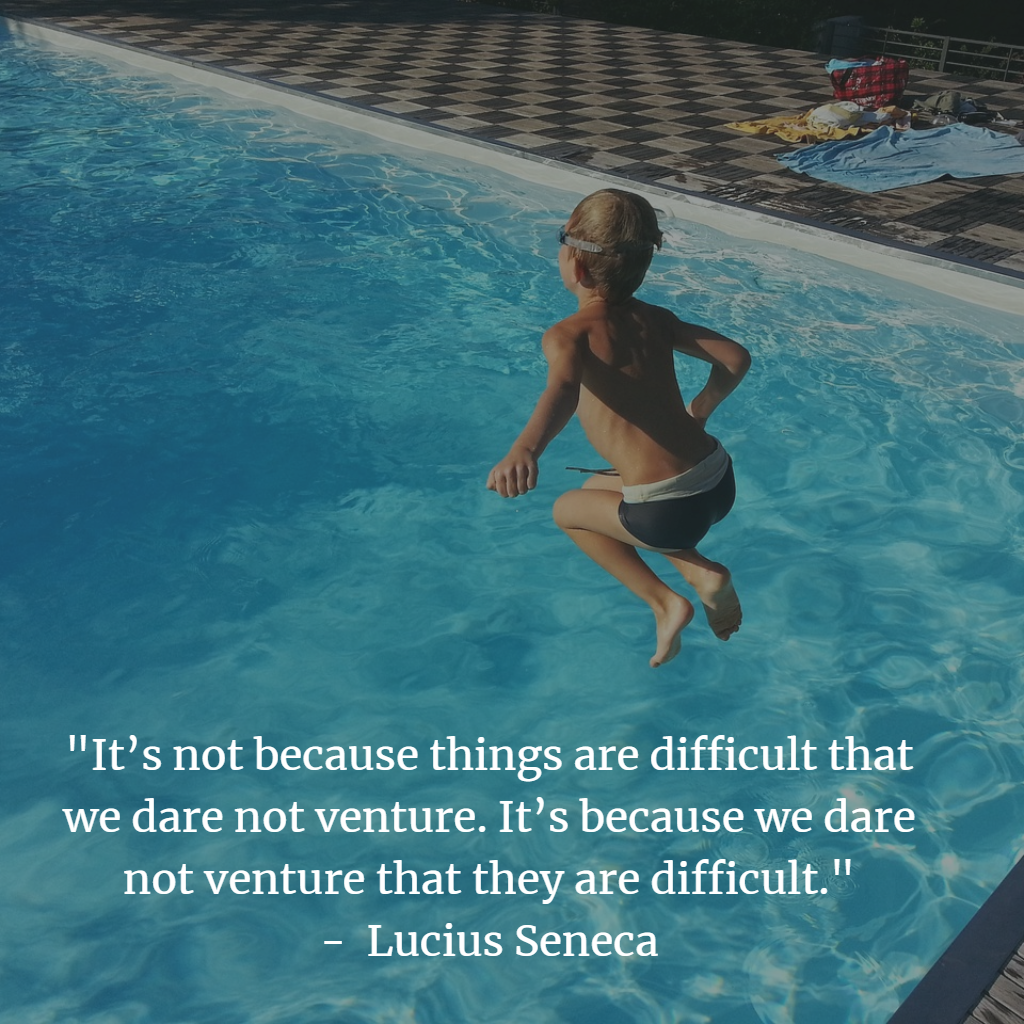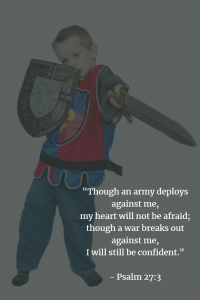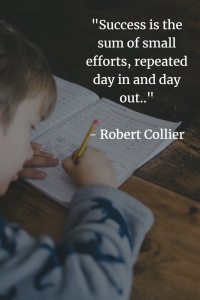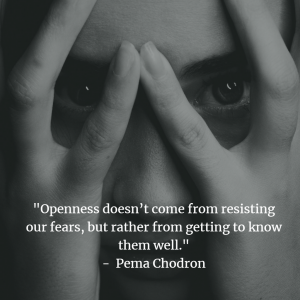Venturing Into the Unknown : The Power of Self-Efficacy

Shakespeare wrote in Hamlet, To be, or not to be, that is the question. It is a question that we all ask ourselves when faced with challenges, unexpected events, or a departure from the norms of life. Children also go through the same emotions as they grow, and we can help them navigate the emotions and responses for better results. Encouraging oneself to venture into the unknown can be daunting, but it can also be the key to success. When faced with challenging situations, we may experience fear and doubt, but we must not let that discourage us. Instead, we should focus on acquiring the necessary skills and knowledge and believe in ourselves to overcome any obstacles.
When the school announces that assessments are coming up or the day of the presentation, they have been practicing for is near, emotions race up, and their heartbeats skip, and their stomachs churn. Fear seems to lurk around the corner. As parents, guardians, or teachers, it is important to offer encouragement and inspire belief in their ability to venture. Discouraging words can shatter the remaining atoms of their self-efficacy.
This lesson was exemplified in my experience of overcoming my fear of swimming and taking a swimming test for work. Despite my phobia and lack of practice, I enrolled for the test, recognising that if I didn’t try, I had already failed. Though some in my cohort who had practiced more than me failed the test, I passed with the help of words of encouragement from an instructor and family member. The same principle applies to children facing challenges, we should encourage them to develop their skills, knowledge and support them to venture with confidence. Success is not guaranteed, but by believing in themselves and taking action, they have the best chance of achieving their goals.
Like the quote, if I had not ventured to take the test, I would still be struggling with my phobia. The words of encouragement from those around me were of immense help. So, as your child faces challenging situations, encourage them to acquire the necessary skills and knowledge, and then venture instead of discouraging them. The fact that others failed should not be a limiting factor, as your child can succeed where others failed. I walked out of the pool that day with an affirmed belief that it takes confidence and coordination, and that’s the basis of self-efficacy.




